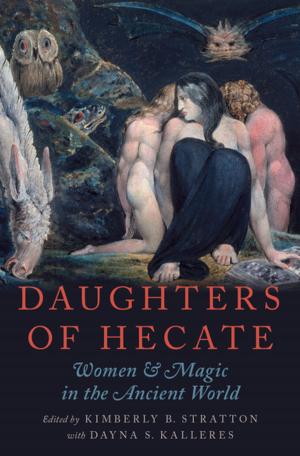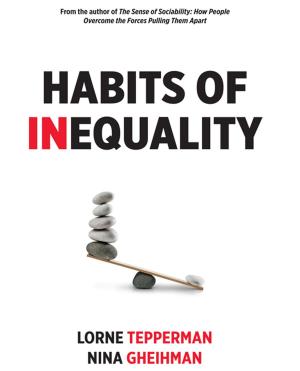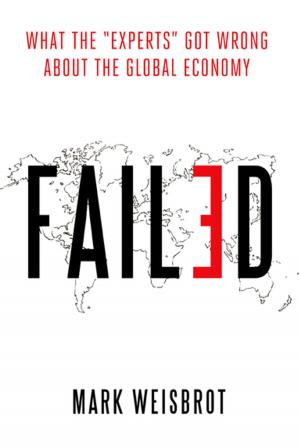Audible States
Socialist Politics and Popular Music in Albania
Nonfiction, Entertainment, Music, Theory & Criticism, Ethnomusicology, History & Criticism, Reference| Author: | Nicholas Tochka | ISBN: | 9780190646226 |
| Publisher: | Oxford University Press | Publication: | November 1, 2016 |
| Imprint: | Oxford University Press | Language: | English |
| Author: | Nicholas Tochka |
| ISBN: | 9780190646226 |
| Publisher: | Oxford University Press |
| Publication: | November 1, 2016 |
| Imprint: | Oxford University Press |
| Language: | English |
During the Cold War, state-sponsored musical performances were central to the diplomatic agendas of the United States and the Soviet Union. But states on the periphery of the conflict also used state-funded performances to articulate their positions in the polarized global network. In Albania in particular, the postwar government invested heavily in public performances at home, effectively creating a new genre of popular music: the wildly popular light music. In Audible States: Socialist Politics and Popular Music in Albania, author Nicholas Tochka traces an aural history of Albania's government through a close examination of the development and reception of light music at Radio-Television Albania's Festival of Song. Drawing on a wide range of archival resources and over forty interviews with composers, lyricists, singers, and bureaucrats, Tochka describes how popular music became integral to governmental projects to improve society--and a major concern for both state-socialist and postsocialist regimes between 1945 and the present. Tochka's narrative begins in the immediate postwar period, arguing that state officials saw light music as a means to cultivate a modern population under socialism. As the Cold War ended, postsocialist officials turned again to light music, now hoping that these musicians could help shape Albania into a capitalist, "European" state. Interweaving archival research with ethnographic interviews, Audible States demonstrates that modern political orders do not simply render social life visible, but also audible. Incorporating insights from ethnomusicology, governmentality studies, and post-socialist studies, Audible States presents an original perspective on music and government that reveals the fluid, pervasive, but ultimately limited nature of state power in the modern world. A remarkably researched and engagingly written study, Audible States is a foundational text in the growing literature on popular music and culture in post-socialist Europe and will be of great interest for readers interested in popular music, sound studies, and the politics of the Cold War.
During the Cold War, state-sponsored musical performances were central to the diplomatic agendas of the United States and the Soviet Union. But states on the periphery of the conflict also used state-funded performances to articulate their positions in the polarized global network. In Albania in particular, the postwar government invested heavily in public performances at home, effectively creating a new genre of popular music: the wildly popular light music. In Audible States: Socialist Politics and Popular Music in Albania, author Nicholas Tochka traces an aural history of Albania's government through a close examination of the development and reception of light music at Radio-Television Albania's Festival of Song. Drawing on a wide range of archival resources and over forty interviews with composers, lyricists, singers, and bureaucrats, Tochka describes how popular music became integral to governmental projects to improve society--and a major concern for both state-socialist and postsocialist regimes between 1945 and the present. Tochka's narrative begins in the immediate postwar period, arguing that state officials saw light music as a means to cultivate a modern population under socialism. As the Cold War ended, postsocialist officials turned again to light music, now hoping that these musicians could help shape Albania into a capitalist, "European" state. Interweaving archival research with ethnographic interviews, Audible States demonstrates that modern political orders do not simply render social life visible, but also audible. Incorporating insights from ethnomusicology, governmentality studies, and post-socialist studies, Audible States presents an original perspective on music and government that reveals the fluid, pervasive, but ultimately limited nature of state power in the modern world. A remarkably researched and engagingly written study, Audible States is a foundational text in the growing literature on popular music and culture in post-socialist Europe and will be of great interest for readers interested in popular music, sound studies, and the politics of the Cold War.















